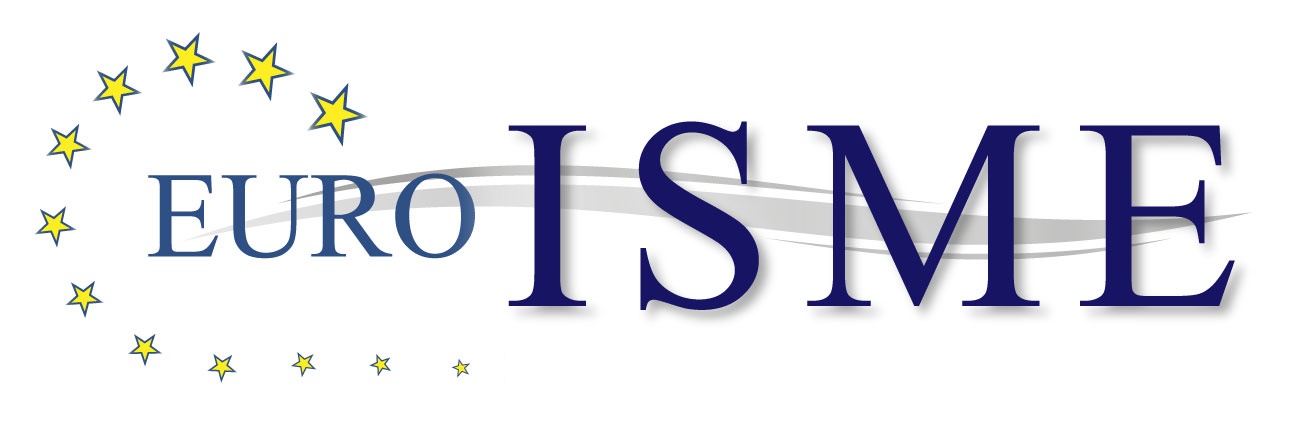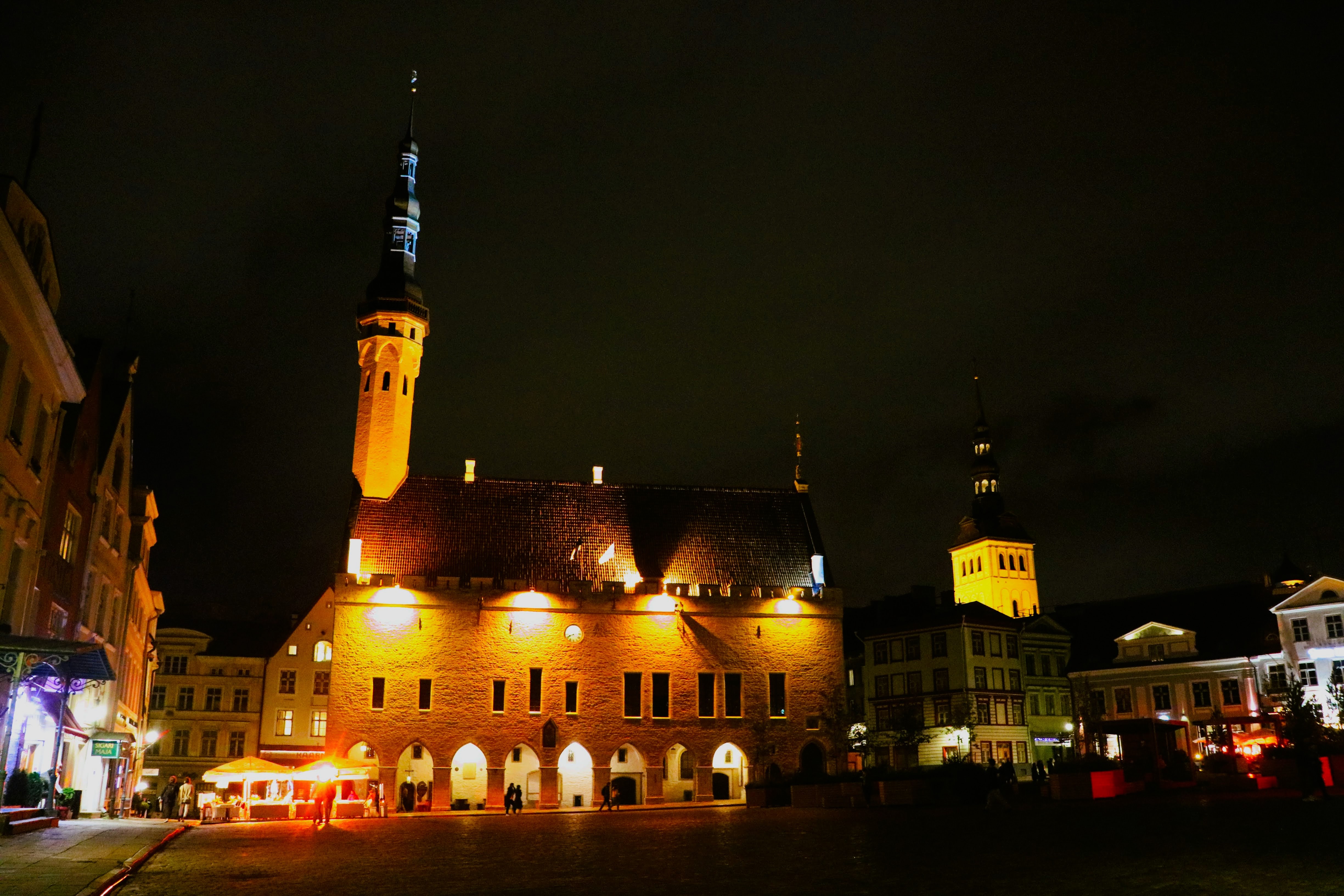Annual Conference 2024: What makes European military ethics distinctive?
Venue: Tallinn, Estonia
Date: 22-24 May 2024
Euro-ISME was created specifically to be a European forum for the promotion of both theoretical and applied military ethics. This was partly a response to a belief that a pan-European view of military ethics was distinctive and therefore needed to be evaluated and debated as widely as possible.
The ethical codes of most European armed forces are broadly similar, well-articulated and reinforced by sound training programmes. It has therefore proved difficult to define a definitive ‘European’ view that goes beyond seeking a lowest common denominator solution.
Furthermore, there are strong similarities to the ‘European’ view in the approaches to military ethics taken by countries as geographically distinct as the USA, Canada and Australia. Indeed, the key texts used by many European institutions for teaching are written by authors from those countries.

So is it therefore correct to talk about a ‘European’ view, or should we think in terms of a view that is common to many democratic developed countries and is independent of geography, even if there is a shared root in European philosophical and religious traditions?
We should also consider how such a view differs from other identifiably different views of military ethics. For example, such as Chinese, with its Confucian roots, Muslim with theocratic roots, Jewish with its Rabbinical roots, African with roots in traditional Ubuntu teachings and others and whether those differences matter.
What, if anything, does this mean for the conduct of future military operations? And what does it mean for the political appreciation of just cause, risk and necessity when leaders must decide whether to enter armed or other forms of conflict?
These questions were already assuming heightened relevance in the light of both Russia and China’s demonstrated antipathy to the established liberal world order and their desire to assert their influence within what they see as their own spheres of influence. The consequences of this approach for the avoidance, conduct and resolution of conflict at the strategic level are clear. But within this turbulent defence and security framework, can we assume that the primacy of just war doctrine as the yardstick for assessing the moral justification for conflict will be both universal and permanent?
These considerations are assuming even greater significance with the outbreak of a second war – between Israel and Hamas – a conflict riven with profound ethical issues, on Europe’s doorstep.
We should therefore anticipate a robust challenge to the traditional just war centric view of military ethics. This is a question that will be of importance for the world. It would therefore be a good starting point to define not only whether the European view of military ethics is indeed distinctive, and if it is, to learn its relevance to address the types of crises that we are now facing. and how best to defend it against the coming challenges.
Dates and venue
The conference took take place at the Hotel Nordic Forum in Tallinn.
Programme
Please download the programme here (PDF).
Pictures from the conference
Click on the pictures to open a larger version and to be able to click through the whole gallery.
Conference
Prize Dinner
Group picture





